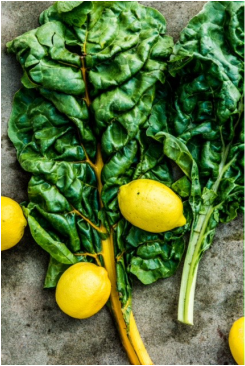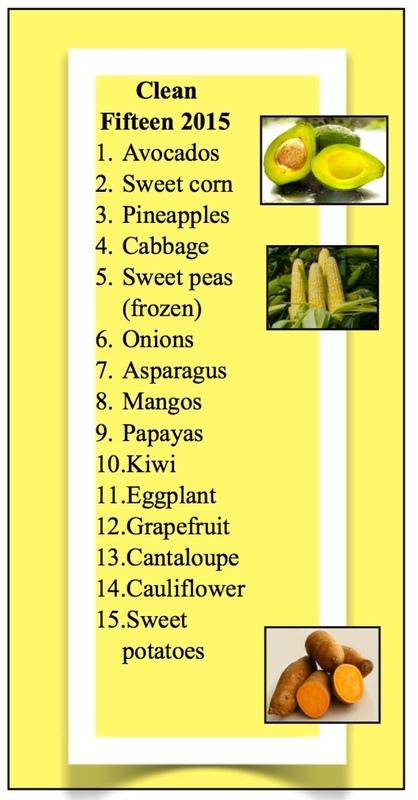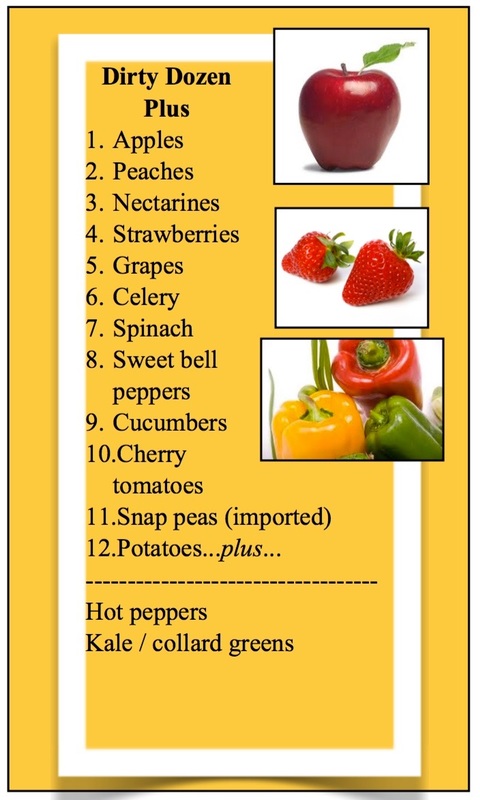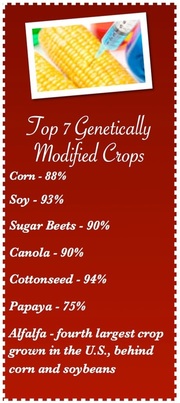The information on this website is not intended to diagnose, treat, prevent, or cure any disease.
All of the information on this website is Copyright © CookingwithKristin.com 2017 and may not be downloaded, reproduced, republished or otherwise copied without express written permission of CookingwithKristin.com.
All of the information on this website is Copyright © CookingwithKristin.com 2017 and may not be downloaded, reproduced, republished or otherwise copied without express written permission of CookingwithKristin.com.




